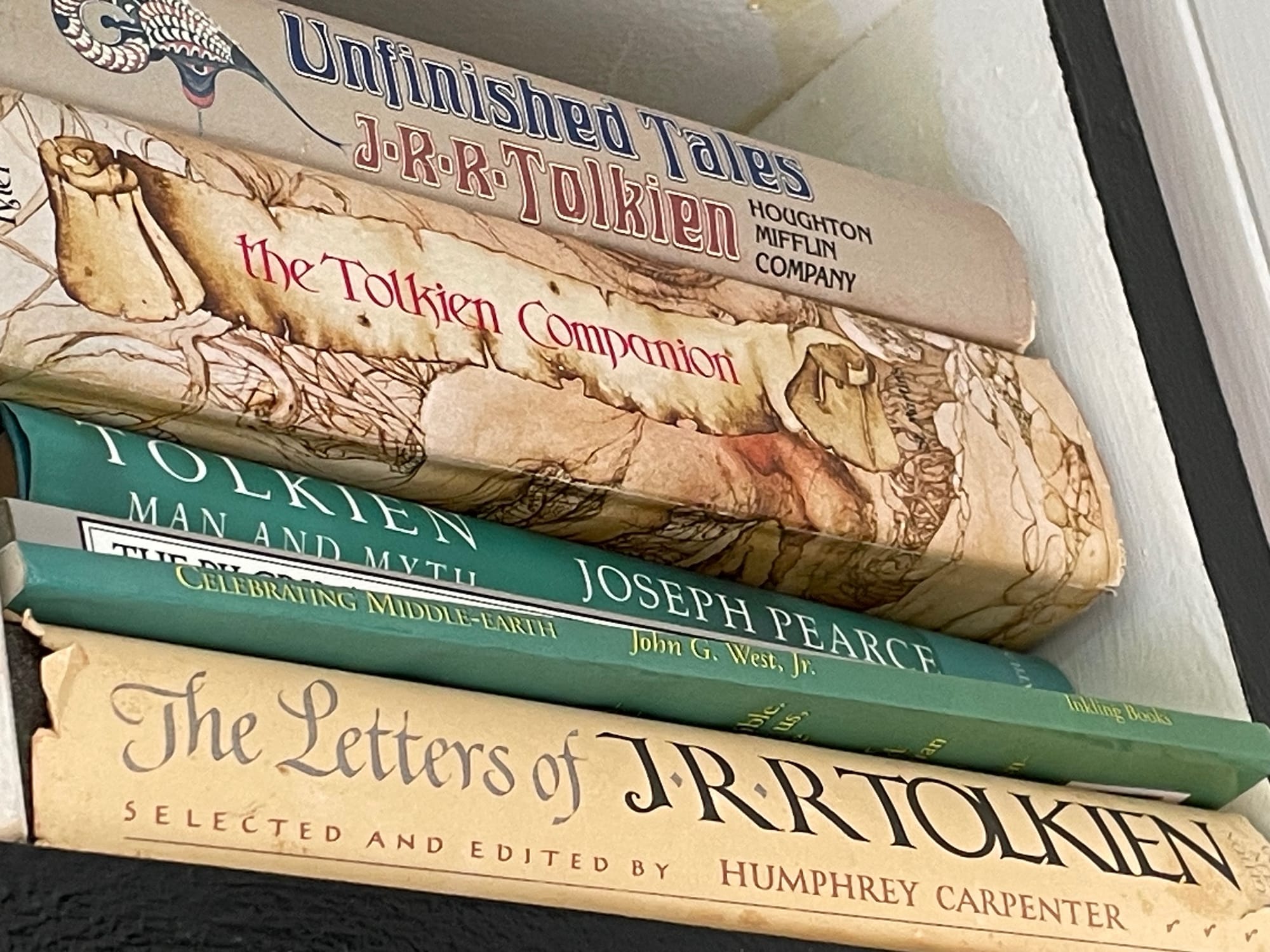On a movie website there’s an institution called “The Black Sheep.” Here aficionados can defend a movie generally held in poor esteem that they think is unfairly maligned—or simply enjoy. If there were a novelistic equivalent, my Black Sheep would be The Man With The Golden Gun, the last James Bond novel written by Ian Fleming. It is universally considered a minor work, especially given its appearance after the so called “Blofeld trilogy” of Thunderball, On Her Majesty’s Secret Service, and You Only Live Twice; with the last two, Fleming elevated humble spy stories to a quasi-literary level. Compared with these genre giants, Golden Gun, published in 1965 eight months after the author’s death, is a slim, straightforward gangster story without the lavish details that make Fleming’s best work so appealing. It is therefore panned, for style, content, and lack of imagination (some plot elements are rehashed from Fleming’s previous writings). The reason usually given to explain this “lack of quality” is that the book as we have it now is simply a first draft, banged out quickly by Fleming before his heart attack in August 1964. Had he lived to complete it, he would have taken this draft and lavishly enriched it with the famous Fleming touch.
Well, you can guess that I come to praise Golden Gun and not to bury it. But first, some background on my relationship with James Bond and the Fleming books.
When I was a boy, a cinema close to our house ran, for a few fateful years, the entire Bond movie series. They played on a one-film-per-week basis, in a cellar screening room, with scratchy copies, and I usually went in the afternoons. My stomach clenched in excitement each time Monty Norman’s pulsing 007 theme began to play and the white gun-barrel dot moved across the screen. At about the same time, while staying at a palazzo in Venice visiting friends, I chanced upon the pale yellow Signet pocket-sized edition of Fleming’s Casino Royale from 1954. The reading of this book is inextricably bound up in my memory with the smells of marble, stone, and the slightly rotten tang of the Lagoon. Needless to say, I went immediately to find the rest of the Bond novels and was hooked for life. Some years later, when already a respectable husband and father working as the spokesman for a Catholic bishop in Austria, I even authored the James Bond volume in the German booklet series Die Welt In 60 Minuten, which tells you everything you need to know about 007 (in both his book and movie incarnations) that can be read in sixty minutes.
Nowadays, in rereading a Bond novel or one of Fleming’s brilliant short stories, I find the experience is more wistful—it is like taking a holiday to a far-off time where men were still men, women still women, and little green men from Mars still little green men from Mars; where the exhausts of the luxurious airplanes smelled strongly, one cigarette followed another, and every trip was an exotic adventure. Our cauterized and neutered era seems bland and gray in comparison. It really pays off, by the way, to read the books and stories if you haven’t. They are similar, but never the same as the movies based upon them. You will recognize the dashing Bond you already know, but will spend more time with him driving through England thinking more conservative thoughts than you would expect and fussing around in a prissy way about how his eggs are prepared. In the books you will be amused to learn that Bond harbors a particularly strong dislike for tea:
I don’t drink tea. I hate it. It’s mud. Moreover it’s one of the main reasons for the downfall of the British Empire.
Fleming wrote twelve novels and two short story collections, all of them great fun: a mixture of adventure, espionage, travelogue, women, and luxurious eating scenes. I challenge everybody to read the “Blades” chapter in Moonraker or the stone crab chapter in Goldfinger without feeling pangs of hunger and the urge to spend lots of money in a luxurious restaurant.









